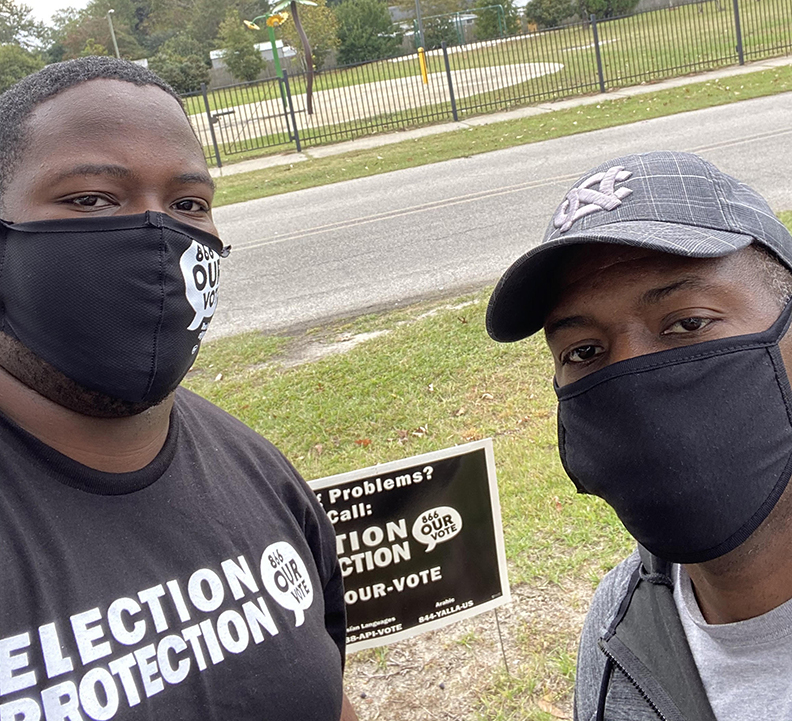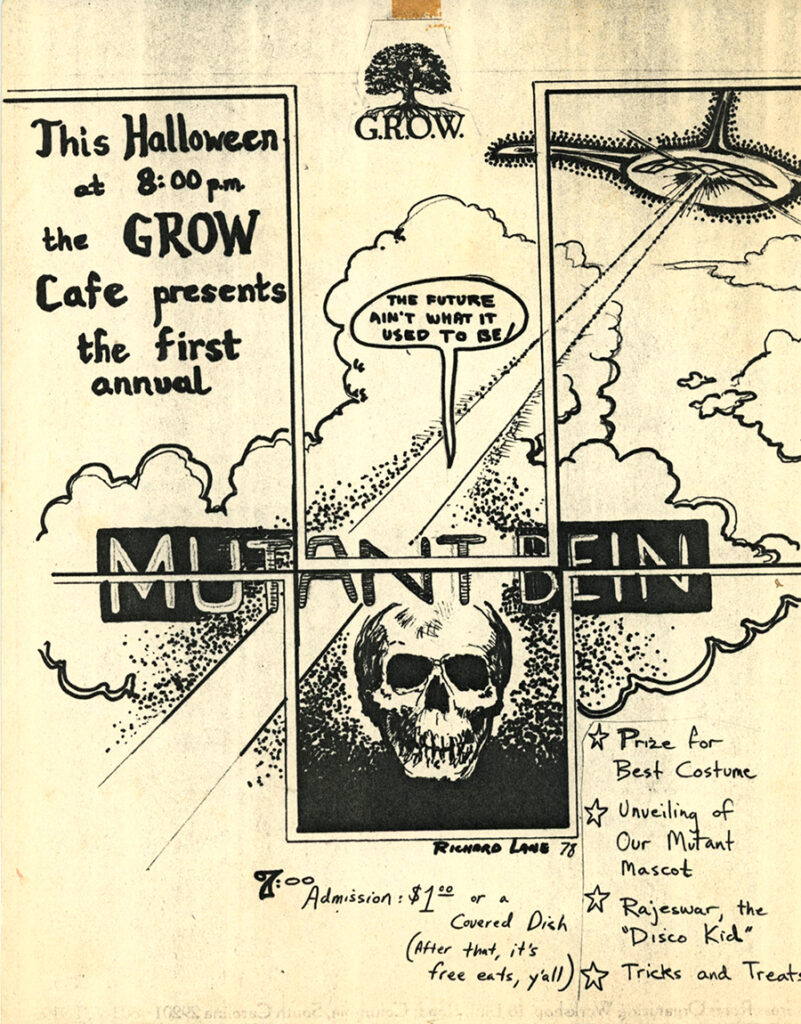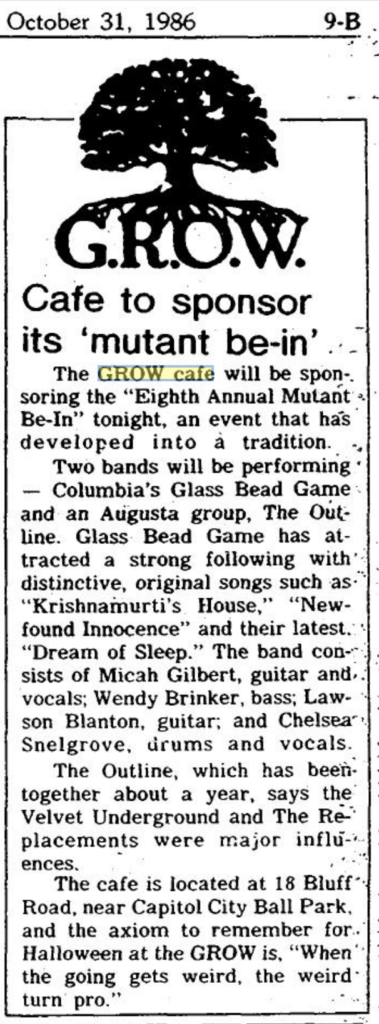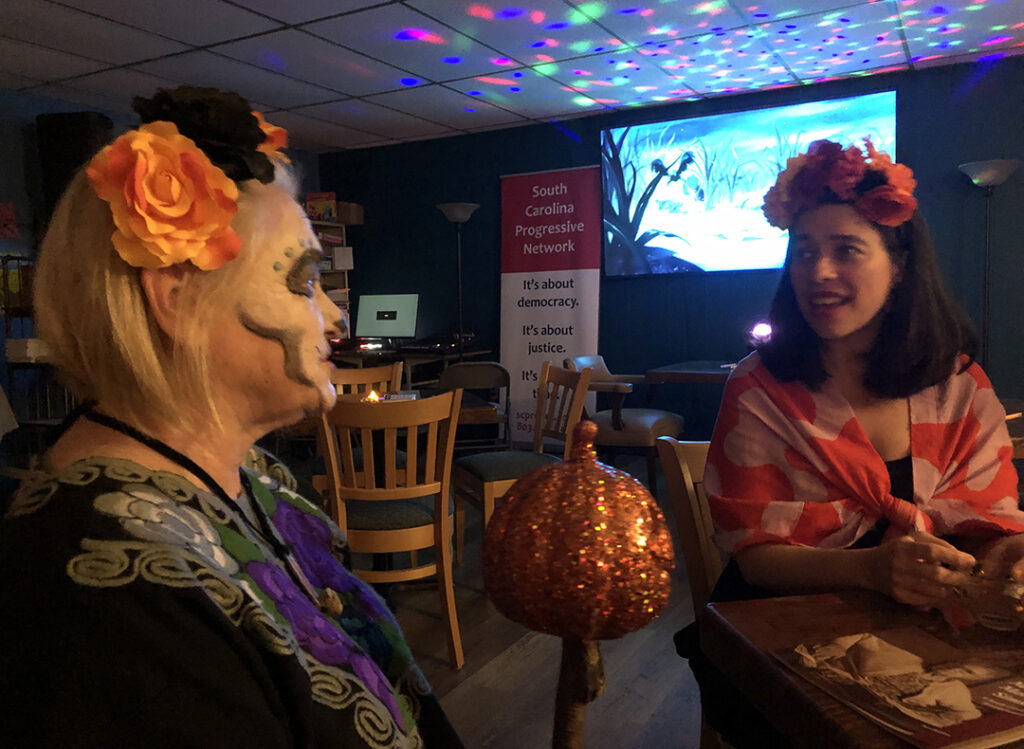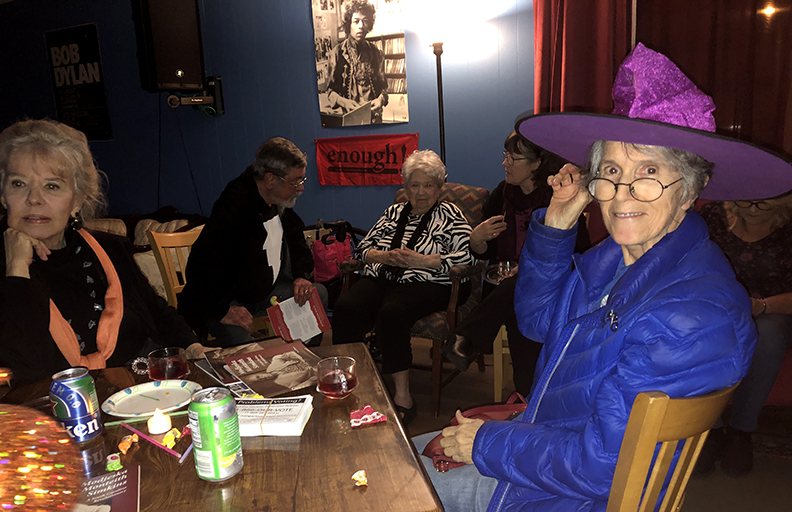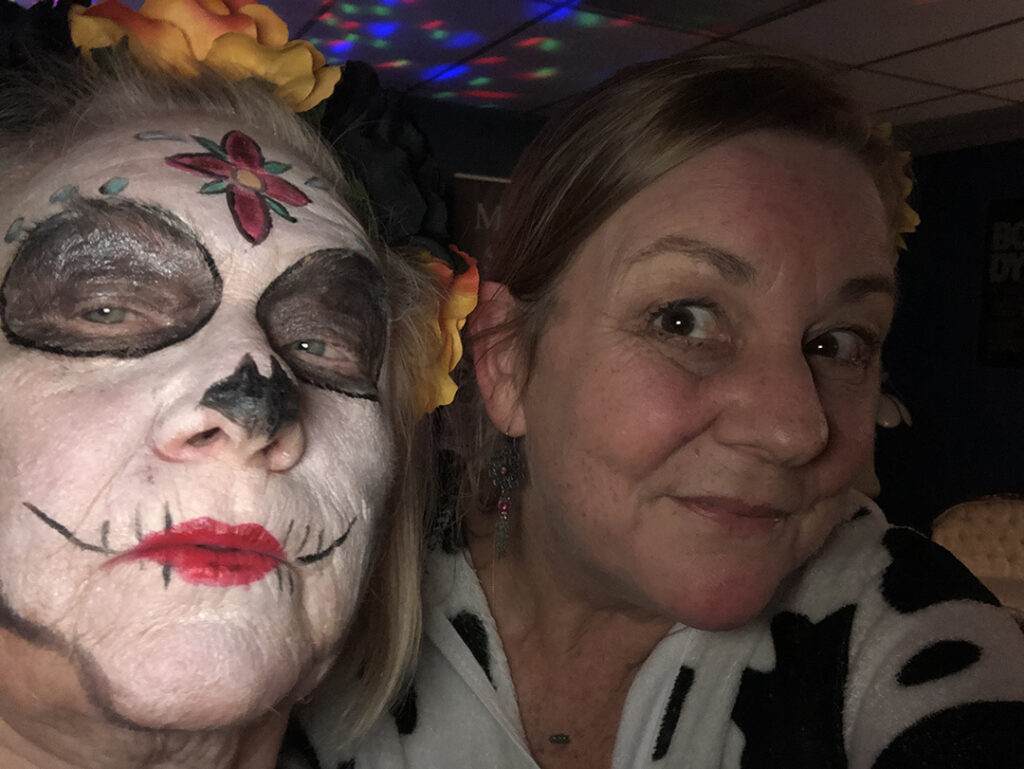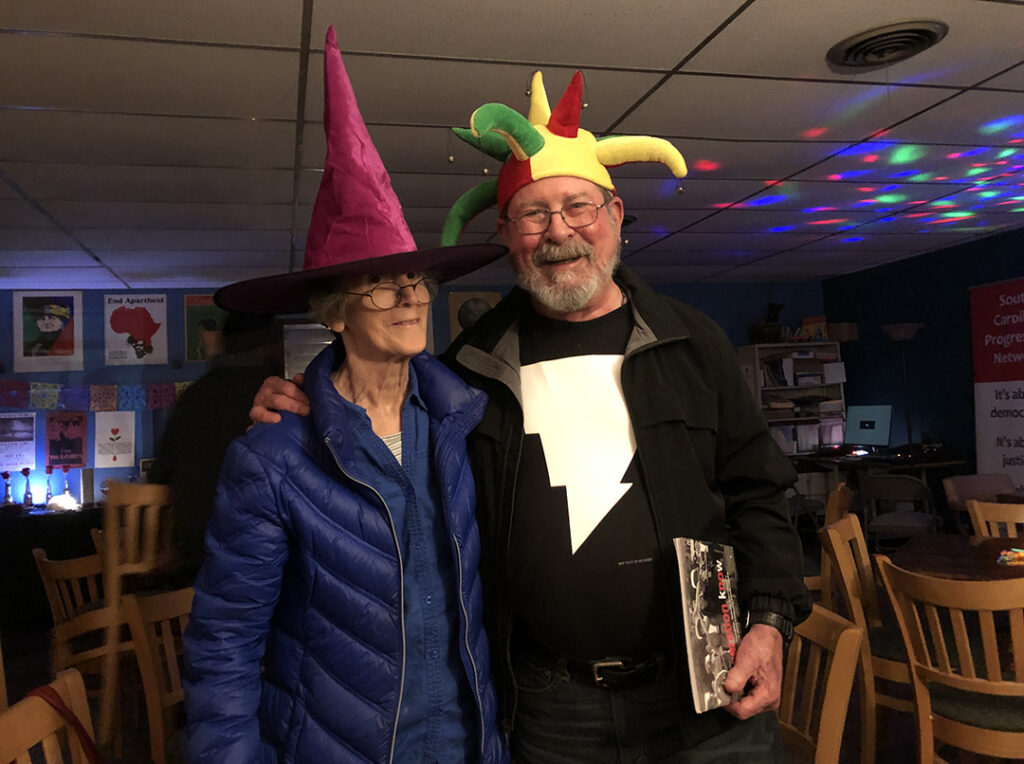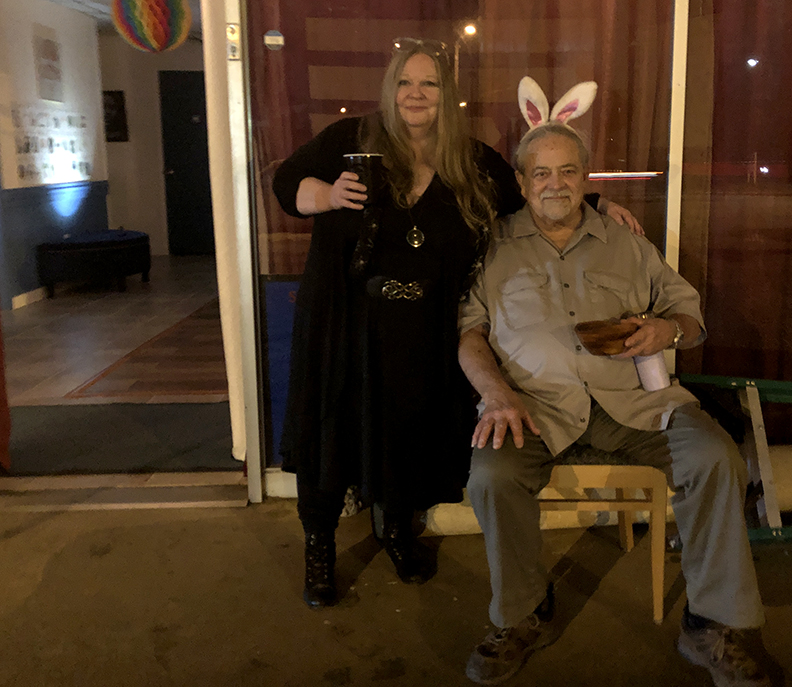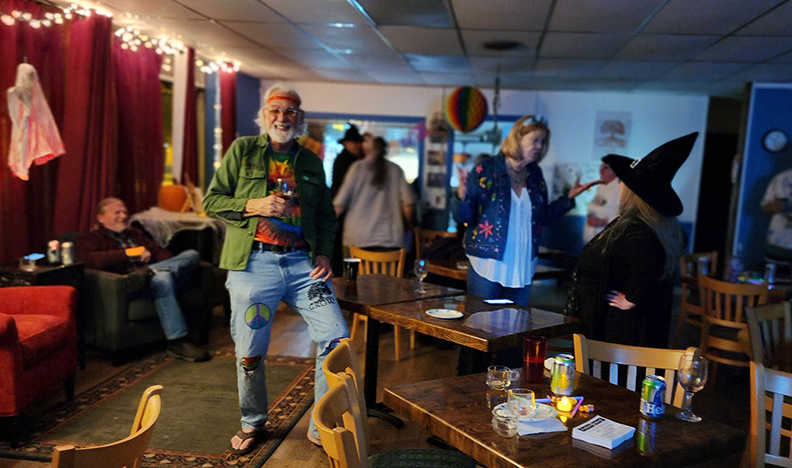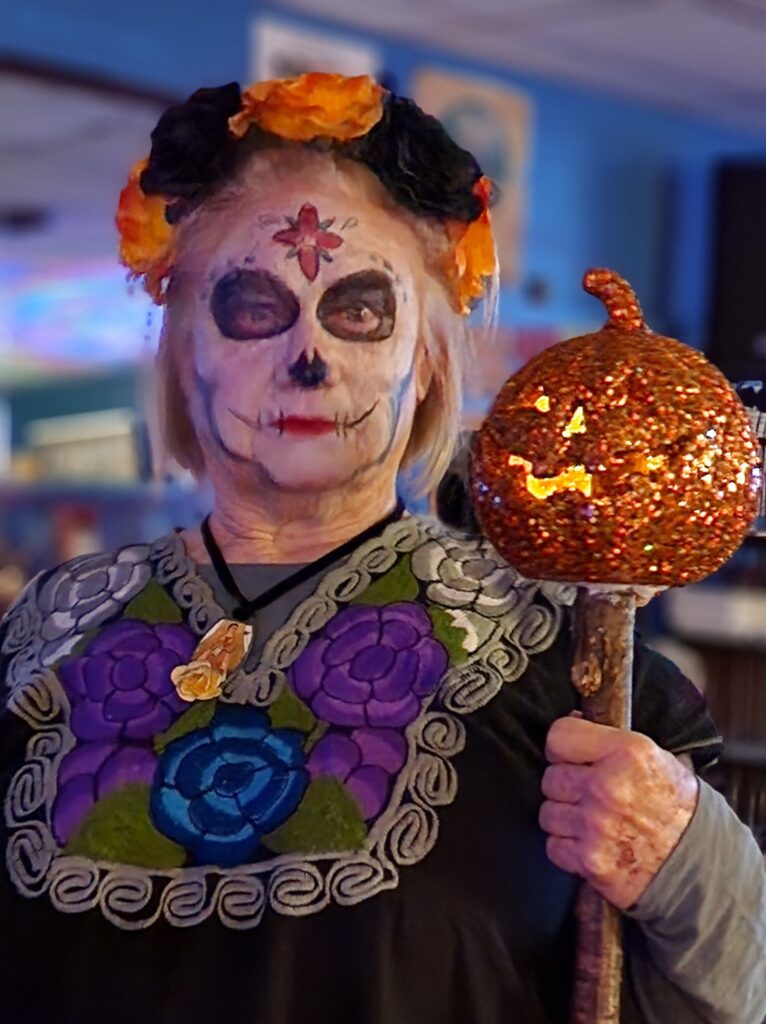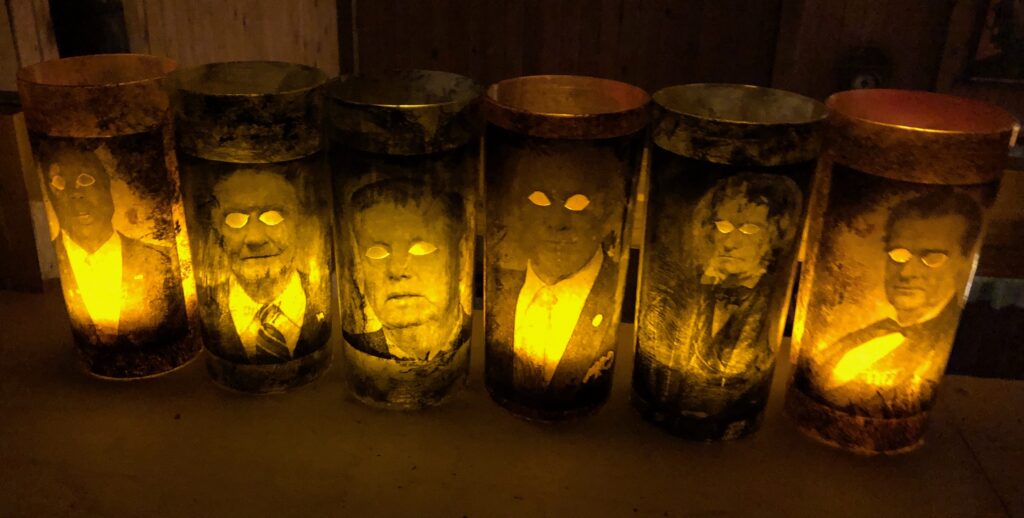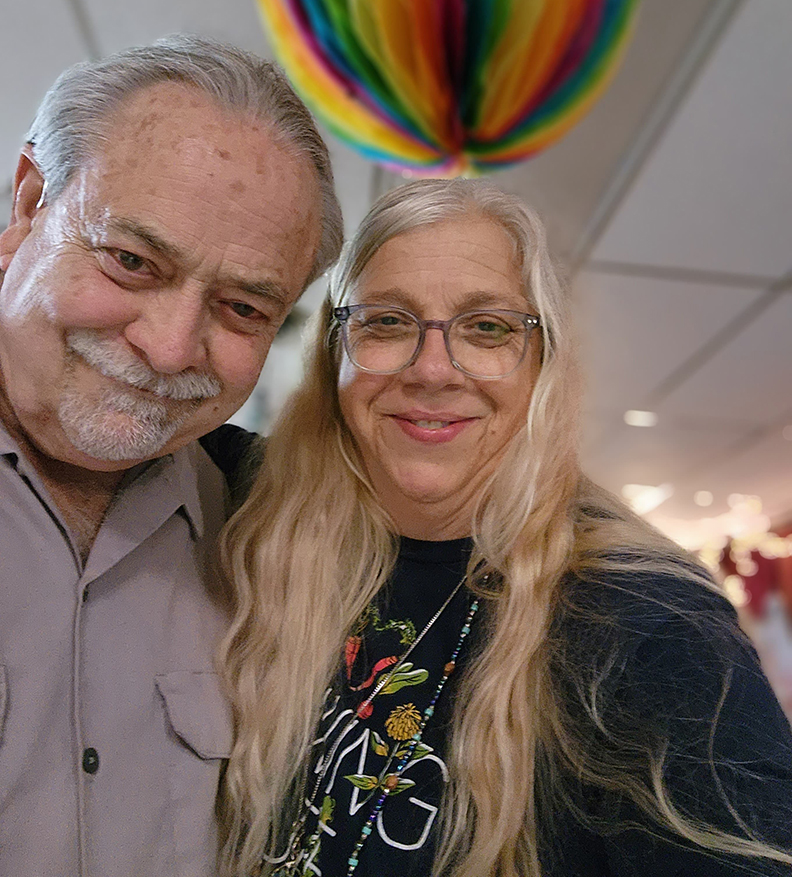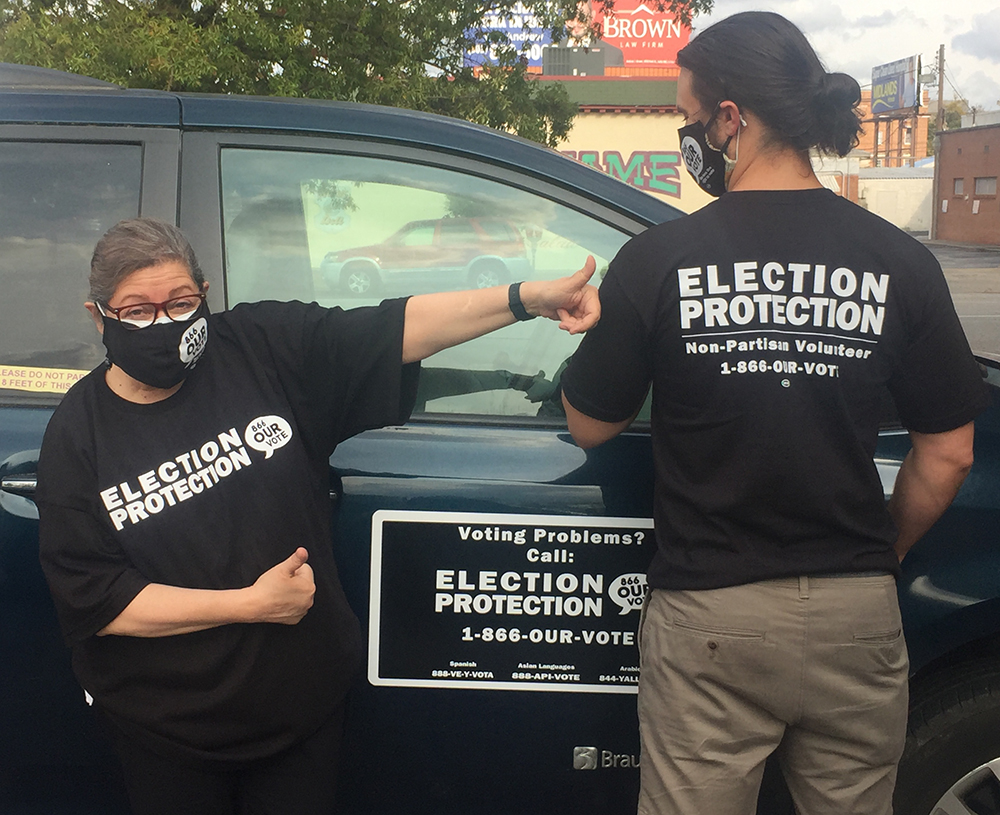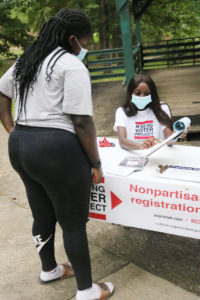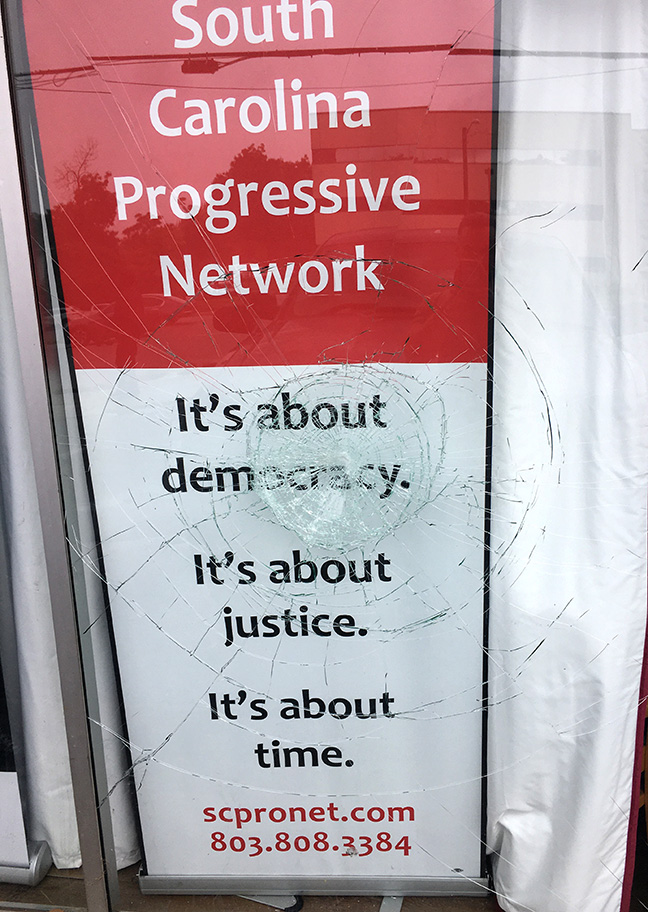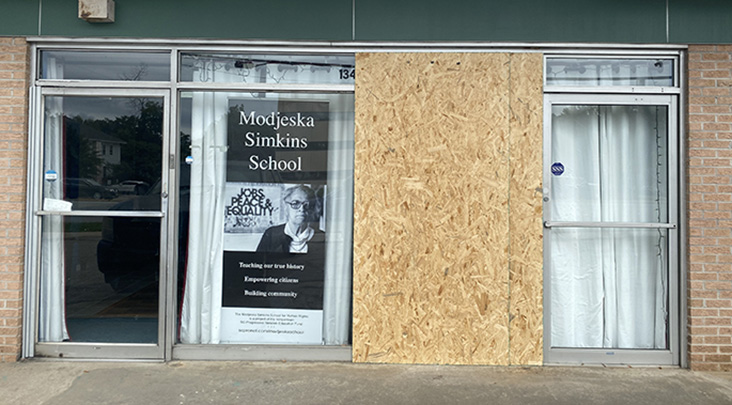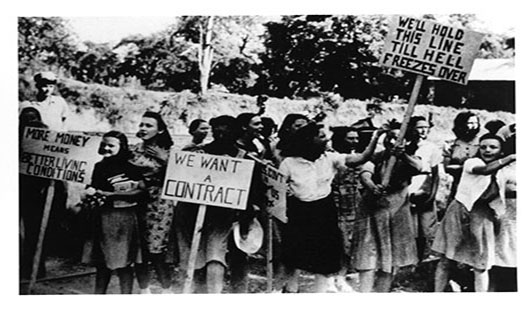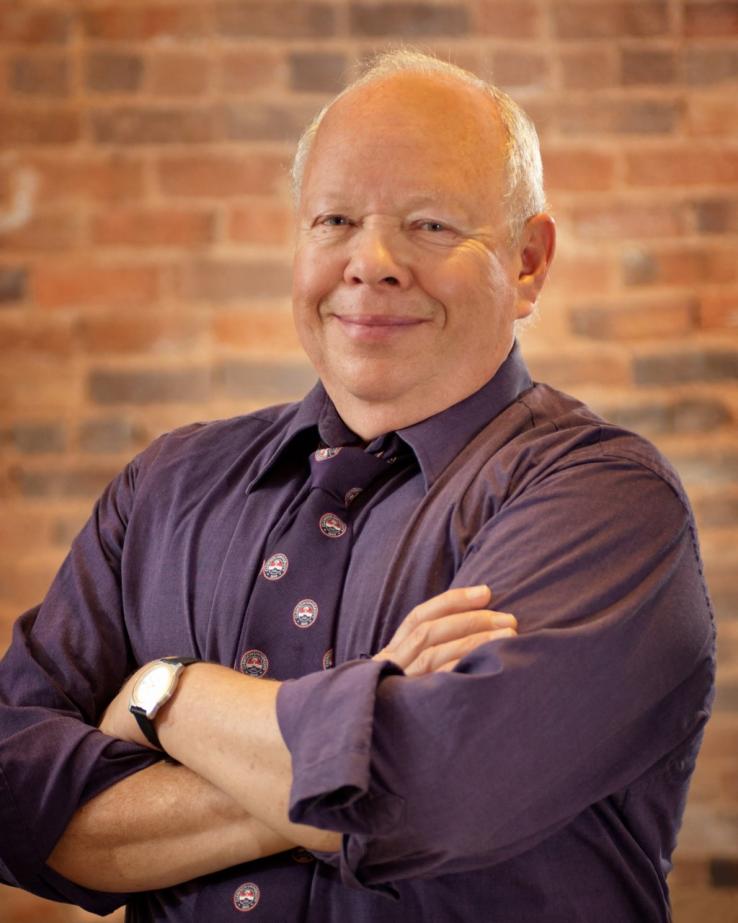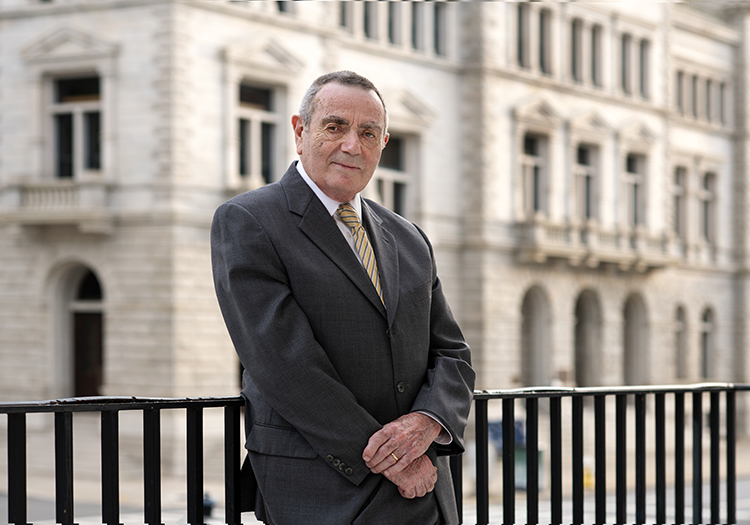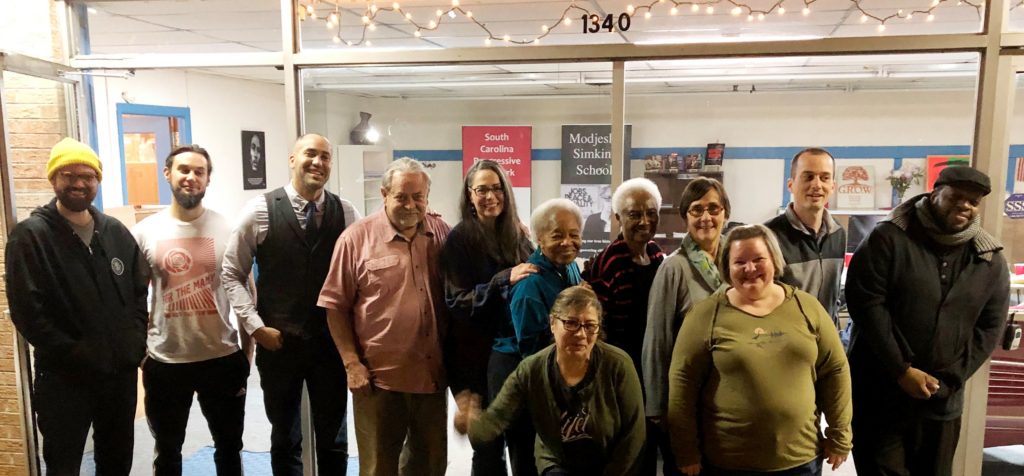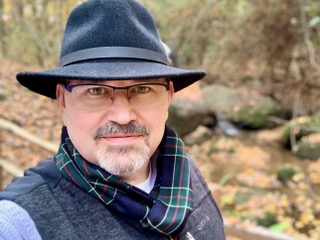
Cecil Cahoon, who is helping lead the transition team at the SC Progressive Network, granted permission to share this piece he wrote after Tuesday’s election.
First, the good news. The only educator and statutorily-qualified candidate in the contest for State Superintendent of Education, Lisa Ellis, carried 12 of the state’s 46 counties and garnered 714,118 votes. With this vote count, Ellis bested every Democratic candidate who ever ran for the office, and she out-performed the last six winners of that office in contested elections: Charlie Williams (464,311 votes in 1982; 531,063 in 1986), Barbara Nielsen (414,783 votes in 1990; and 507,549 in 1994), Inez Tenenbaum (607,475 votes in 1998; and 641,689 in 2002), Jim Rex (513,912 votes in 2006), Mick Zais (680,787 votes in 2010) and Molly Spearman (699,081 votes in 2014; uncontested for re-election in 2018).
Here in South Carolina, one set of last night’s election returns offers a lesson to those in the state who teach lessons daily — if they are interested in learning it. The subject was, is, has always been “the future of public education in South Carolina.” The specific lesson could be titled “The Dividends of Division.”If this lesson were a sermon, it might be rooted easily in a pair of verses from the Testaments. From Hosea 8:7, “For they have sown the wind, and they shall reap the whirlwind: it hath no stalk: the bud shall yield no meal: if so be it yield, the strangers shall swallow it up.” And from Galatians 6:7, “Be not deceived; God is not mocked: for whatsoever a man soweth, that shall he also reap.”I’ve written extensively enough on the topic that the elements of this lesson fall trippingly from the tongue now.
Educators in South Carolina’s public schools began to coalesce into a statewide organization as early as 1850, when 41 elected delegates met in Columbia as the first “Teachers Convention” and named themselves the “Teachers Association of South Carolina.” But that convention fell back out of existence almost as soon as it adjourned.Still, the spark of educator unity had been lit. Seven years later, when 43 representatives from across America met to organize the National Teachers Association — later to be renamed the National Education Association — in 1857, one of the 43 signatures on its founding document is that of J.D. Giddings of Charleston, South Carolina, and among the vice presidents elected on that day was South Carolina’s P.F. Smith.
In 1870, a second attempt was made to organize South Carolina’s public school educators. This time, those meeting in Columbia convened the “State Convention of Teachers,” elected Hugh S. Thompson as their president, and established a permanent association to be called the “Educational Institute of South Carolina.” This “permanent” organization lasted only two years but yielded one significant outcome: its president was elected State Superintendent of Education in 1876 and re-elected to the same office in 1878 and 1880, then was elected governor of South Carolina in 1882, and re-elected governor in 1884. Thompson resigned his office in 1886 to serve as Assistant Secretary of the Treasury in President Grover Cleveland’s administration.
Thanks in large part to Thompson’s leadership while State Superintendent, the third attempt to found a stable organization of public school educators bore fruit. In 1881, Thompson spoke to 125 elected delegates of the State Teachers Association, later to be renamed the South Carolina Education Association and affiliated formally with the National Education Association. Officers were elected, and governing documents ratified, for an organization that marks its 141st anniversary this year.
Of course, South Carolina prohibited the mingling of black and white citizens in civic and professional organizations, so the organization founded in 1881 was segregated by law. While serving as governor, Thompson inaugurated seasonal “institutes for colored teachers” as early as 1880, which evolved into “normal training schools” — preparatory programs for teachers. From these institutes came the formation in 1900 of the Palmetto Education Association, which elected J. Edward Wallace its first president.
From 1900 through 1967, SCEA and PEA existed and operated as twin organizations with similar missions — to improve the quality of public education and standards for educators and the education professions — but different specialties and tactics. The all-white SCEA achieved great gains through lobbying elected decision-makers at the local and state level. The all-black PEA built a record of victories through legal action, establishing numerous rights for students and educators, and winning concessions through court rulings that hadn’t been won through legislation. In the process, one organization or the other took the lead role in winning establishment of the State Retirement System, the State Health Plan, and other employee rights and benefits.
Then came the bombshell ruling in 1954 that changed the course of history: Brown v Board of Education ruled that segregation in public education was unconstitutional. Southern states, where segregation was a statutory reality as well as a social one, reacted predictably, harshly, even violently. South Carolina’s own record is a shameful one.
Anticipating that the Supreme Court might follow through with overturning “separate but equal,” Governor Jimmy Byrnes appointed Calhoun County Sen. Marion Gressette to chair his “Special School Committee” in 1951 and followed through on a campaign promise to abandon public education. In 1952, the legislature put a referendum on the ballot, asking South Carolinians to eliminate — if and when the legislature found it necessary — the part of the state Constitution that guaranteed public schools. The referendum passed by more than two-to-one with almost 188,000 votes cast (129,374 to 58,010).
That wasn’t all. In 1955, the General Assembly repealed the compulsory attendance law, repealed the law on school terms, and gave local school boards the authority to lease or sell school property to private entities in order to allow the private operation of schools. It would fund a system to give “tuition allotments” to students enrolled in private schools: $200 a year for a grammar grade pupil, $250 a year for a high school pupil. These private organizations presumably would not be under court jurisdiction, and could operate the schools on a segregated basis. One year later, the General Assembly adopted a resolution of “interposition,” a strategy to halt integration of public schools if one-fourth of states rejected the Supreme Court’s ruling in Brown v Board of Education.
In 1960, the General Assembly combined all references to spending state funds for segregated purposes into one section of the budget bill, which allowed the entire section to be struck with a single vote. In 1961, it enacted a system to award “state grants” of $200 to parents who chose to enroll their children in private schools. In 1963, it approved again a tuition grant program to pay private school tuition for parents who opted to enroll their children in private schools. This time, the act made no reference to race but said the program’s intent was to give “freedom of choice” to parents.In 1964, the state-funded tuition grant program for private schools drew more than 1,000 applications statewide.
One of them came from Segregation Committee Chairman Marion Gressette’s brother, Dr. James H. Gressette, to pay for the private school tuition of Sen. Gressette’s unnamed 15-year-old niece. And in 1966, the General Assembly exempted school children aged 14 to 16 from legislation raising the legal driving age to 16 if they drove others to school, which gave white students an alternative to riding integrated school buses.While these strategies to subvert the Supreme Court and maintain racial segregation in South Carolina’s public schools were being discussed and implemented, educators in South Carolina and elsewhere took a different path.
In 1964, the National Education Association and the all-black American Teachers Association voted to unify, and NEA asked all of its segregated state affiliates to merge as well. In South Carolina, SCEA and PEA opened dialogue on unification in 1965, produced a unification agreement, and began the process of unifying in 1967. On April 1, 1968, their unification was completed under a corporate name that now included a capitalized “The” South Carolina Education Association.Including and capitalizing the definite article in the organization’s new corporate name wasn’t mere decoration; it was intentional and meant to send a powerful, historic message.
For the first time in state history, black and white educators were unified under one banner, one title, in one — and the only — integrated organization. Adding “The” to SCEA’s name was the boldest and simplest way of declaring for all to hear, “We are one — a unified education profession in South Carolina.” There were internal growing pains, but the reborn “The SCEA” initiated an aggressive program to press for improvements in school funding, teacher salaries, and pursuit of a collective bargaining law for educators.Thus began an era of action and progress, driven by the racially-integrated and unified education profession. Educators nationwide concluded that political action drove policy. Especially in states where collective bargaining by public employees was prohibited — as it had been in South Carolina since Byrnes signed “right to work” legislation into law on March 19, 1954 — political action drove legislative action, and legislative action would be the engine that produced excellence in public education.
So in 1972, NEA established a federal political action committee and issued its first candidate recommendations; in 1973, an integrated The SCEA did the same.In 1974, The SCEA’s three-day, integrated spring convention was attended by more than 5,000 teachers and school district employees — so many that the event was held at the State Fairgrounds. Its integrated political action committee issued recommendations in dozens of federal and state legislative offices and trained hundreds of black and white educators in campaigning for endorsed candidates.
In 1975, The SCEA hired its first Government Affairs Coordinator, Joe Grant, who became the first black man registered to lobby for integrated educators at the South Carolina State House. In the spring of 1976, The SCEA interviewed candidates and issued recommendations in both the Republican and Democratic primaries.Such was the pace and record of The SCEA’s success as an integrated organization from 1968 through 1976 that powerful individuals and interests took note and began to speak and write publicly against the public activism and political influence of the racially-integrated, united education profession. When recommendations by The SCEA had impacts in the general election of 1974 and the primary elections of 1976, lawmakers whose segregationist roots and voting records were a disadvantage took special note.
And then… and then.And then in May, 1976 — after only eight full years of a unified integrated education profession in South Carolina — a white teacher convened a small group of white teachers at her home in Cayce, outside downtown Columbia. Around her dining room table, they voted to establish a new organization called the Palmetto State Teachers Association. In their founding document, drafted for that meeting, these white teachers made no mention of race, segregation, or integration. Instead, they cast themselves squarely against collective bargaining for public employees, against political action by teachers, and against the unionization of educators in South Carolina. To serve as their founding president, they elected their hostess, Elizabeth Gressette Smith, the niece of longtime Segregation Committee Chairman Sen. Marion Gressette. Four years later, the organization’s membership hired her to serve as their first executive director, a position she held for the next 25 years.
Thus the education profession would be divided again, at the expense of progress in the professions and excellence for South Carolina’s public school children, but for the benefit of integration-resistant lawmakers and administrators still clinging to power.
Don’t take my word for it. Historian Jon Hale, who worked and taught at the College of Charleston from 2011 to 2021 and is published widely, described the moment in a 2019 “West Virginia Law Review” article titled “On Race, Teacher Activism, and the Right to Work: Historicizing the ‘Red for Ed’ Movement in the American South.” For his research, Hale interviewed PSTA’s founder, “Elizabeth Gressette, a teacher in Columbia, South Carolina, and niece to the segregationist state senator Marion Gressette.”Hale’s work reflects that the racial integration of the teaching profession, as represented by unification of its organizations in South Carolina, motivated certain white educators to create an alternative.
Hale writes, “Already tense over perceptions of being a maligned minority, distrustful white educators formally defected from the NEA. In response to the growing threat of unionization, educators in South Carolina split from the SCEA and formed an alternative association, the Palmetto State Teachers Association (PSTA) in 1976, eight years after the white and black associations merged to form the SCEA. Their secession communicated deep dissatisfaction with the association with unions. White educators in the new association contended that the NEA-imposed order to merge and then join the national association violated their rights as educators.
“The context of PSTA’s founding in 1976 — many decades after the SCEA’s and PEA’s original affiliations with segregated unions but only a few years after those unions were racially-integrated and unified — specifically by “distrustful white educators,” and using an anti-union animus as its public-facing rationale, serves as an illustration of a principle enunciated by 1981 by South Carolina political strategist Lee Atwater in an interview with journalist Alexander Lamis. Atwater observed to Lamis that the political climate in America changed sufficiently by 1968 — the year that SCEA and PEA completed their integrated unification — that racists’ open appeals to racism “hurts you, it backfires.
“Thus, in the acts of 1976 were planted the seeds of the wind, which matured into a harvest of the whirlwind and yielded the dividends of division.Only last week, as I recounted these historical facts to a colleague, she asked me if I really believed that educators’ loss of control over their profession dated to that specific year, and those specific acts. Absolutely they do, I said. Consider the record of amazing progress made between 1968 and 1976 — progress that led to the enactment of the Education Finance Act of 1977, which codified annual state appropriations for public education, according to a new funding formula that determined a statewide “per-pupil expenditure” for the first time. Consider thereafter the failures of the re-divided education profession to maintain momentum, to regain authority over their professional lives and livelihoods.
Indeed, I said, from the profession’s fracture in 1976 has come a complete and predictable splintering of the profession in the ensuing decades. Swing a dead cat in many of South Carolina’s largest counties and you’re likely to hit two, three, four, or more independent organizations of public school educators, each with their own leaders, boards, interests, motives, habits, and styles.
How many separate organizations of educators can you name in your own county? And what progress… ?
And cui bono? Who benefits when education professionals are divided?
Need I ask? Examine the record of public policy since 1976. After passage of the Education Finance Act of 1977, what major legislative or legal victories have been won? Progressive Governor Dick Riley invested all of his political capital, and worked closely with The SCEA’s elected leaders and staff members statewide, to win passage of the Education Improvement Act of 1984. Indeed, Riley and his staff credited publicly The SCEA’s statewide network of leaders and staff members with driving that legislative victory.
What then? Divided educators failed to elect a progressive successor to Riley, and the per-pupil expenditures identified by the Education Finance Act went unfunded for years.Repeat those words to yourself: “Divided educators failed to elect…” Say them again: “Divided educators failed to elect…” Do they ring strangely true again this morning?In 1998, lawmakers were swept up in the national conservative movement to promote “standards and accountability” with its over-emphasis on standardized testing in public schools, and they passed the Education Accountability Act (EAA). Chief among its provisions was the creation of the Education Oversight Commission, whose purpose and duration were limited. But in subsequent years, powerful lawmakers began to envision the EOC as a regulatory alternative to the State Board of Education, and the state’s powerful business community began to see the EOC as its own vehicle for driving its version of education policy. When the two forces combined to erase the EOC’s sunset date and make it a permanent instrument of their interests, divided educators failed to stop them.
Today, the EOC is controlled by the state’s business community, and it functions in the place of the vestigial State Board of Education.Again, pause to consider the words: “divided educators failed to stop them.”Such are the dividends of division. As the generation of educators who tasted unity — and the successes that are borne of unity — retired or resigned from the profession, it was succeeded by educators who have only ever known the dividends of division. In 1998, the last banner year for public education before implementation of the EAA, educators benefited by electing two comparatively progressive leaders in state government: Governor Jim Hodges and Superintendent Inez Tenenbaum.
Alas, Hodges was defeated four years later after conservatism itself was rebranded in the state — having finally reached a tipping point in the party-switching migration of formerly conservative Democrats to run-of-the-mill Republicans — and was succeeded by a string of Libertarian-leaning voucher proponents and privatizers: Mark Sanford, Nikki Haley, and now Henry McMaster. Tenenbaum distinguished herself as a bulwark against a rising anti-public education tide through two terms, and a successor cut from her cloth made it into office by the skin of his teeth. Need we consider in detail the damage done by Jim Rex’s replacement?
As Hosea tells us, “For they have sown the wind, and they shall reap the whirlwind: it hath no stalk: the bud shall yield no meal: if so be it yield, the strangers shall swallow it up.”Intelligent leaders declared long ago that an educated citizenry is necessary to a democratic republic, and that public schools are the bedrock of American democracy. But there are opponents — Hosea would have called them “strangers” — to these principles, and those strangers have benefited immensely since the fracture of South Carolina’s united education profession in 1976. Those who sought to divide the profession — to be clear, those within the profession who sought to divide and keep it divided — sowed the wind, and the results have been obvious. Any and every small or temporary success that educators have eked out despite the division has been swallowed up by strangers. Think about the short-lived Teachers and Employees Retentive Incentive (TERI) program, short-lived gains in salary, and all of the diminutions of benefits under the State Health Plan and the State Retirement System. Think about threats of teacher furloughs, and teacher shortages. All are the dividends of division.
Which brings us to last night’s election results. For the first time in memory — or was it for the first time in state history? — a practicing classroom teacher ran for State Superintendent of Education: a true, real, authentic educator, buoyed by the passions and wisdom of thousands of active and retired educators.
To oppose this educator, Republicans were given a choice between a divider of the profession and a dismantler of public education. Predictably, Republicans chose the dismantler by a significant margin.Be not deceived, old Paul wrote to the Galatians. Nothing in the campaign of public education dismantler Ellen Weaver pretended to deceive: her purpose was transparent to all. Raised from childhood on the campus of Bob Jones University, hand-picked by former Senator and Heritage Foundation President Jim DeMint to run a mini-Heritage Foundation in South Carolina, then appointed by Governor Henry McMaster to chair the EOC, Weaver’s anti-public education bona fides were sounder than any conservative nominee who preceded her. Her predictable, color-by-conservative-numbers policy rhetoric was alloyed to a smiling and virulent hatred of public education and educators in public schools.
In her only primary debate against a divider of the profession, Weaver mocked her opponent with bald lies, characterizing the rabid anti-unionist as a union leader. In her only debate against the practicing classroom teacher, Weaver cast practicing classroom teachers as the enemies of the state’s parents.Yet here we are. Roughly half of South Carolina’s voting population cast ballots in the 2022 general election — 1,701,993 out of 3,379,089 registered voters — and 14,341 voters voted in the gubernatorial contest but skipped the State Superintendent’s race altogether.
First, the good news. The only educator and statutorily-qualified candidate in the contest, Lisa Ellis, carried 12 of the state’s 46 counties and garnered 714,118 votes. With this vote count, Ellis bested every Democratic candidate who ever ran for the office, and she out-performed the last six winners of that office in contested elections: Charlie Williams (464,311 votes in 1982; 531,063 in 1986), Barbara Nielsen (414,783 votes in 1990; and 507,549 in 1994), Inez Tenenbaum (607,475 votes in 1998; and 641,689 in 2002), Jim Rex (513,912 votes in 2006), Mick Zais (680,787 votes in 2010) and Molly Spearman (699,081 votes in 2014; uncontested for re-election in 2018).Despite this multi-faceted and historic achievement, votes for Ellis represented only 42.7 percent of votes cast in the race.And as the sun rises on a new course in South Carolina history, Ellen Weaver — like scores of other lawmakers elected and re-elected to office in South Carolina’s government — rides into office on the whirlwind sown by the divided education profession in our state, with 929,442 votes, 55.6 percent of the total cast in the race. How many of those votes came from educators, and educators’ husbands and wives, mothers and fathers, friends and neighbors?
Having learned not much from the lessons of the past 46 years, will those of us still in love with public education learn anything from this fresh failure to reclaim the value of unity? Who can say? Henry McMaster, well on his way to becoming South Carolina’s longest-tenured governor, will have an ideological partner at the helm of the Department of Education, and a stronger ally in that partnership than he has had yet. The extent of the damage they will do, with co-conspirators in the House and Senate to carry their water, is incalculable.
We have four years to absorb the lesson and to change our own actions — to recognize and reject division, and to unify, at long last, again — if we learn anything from it. Will we?Who will be the first to take a cudgel to the walls that divide educators in South Carolina, and divide South Carolina’s educators from educators nationwide? Anyone ready to sign up for restoring a united education profession? Because Superintendent-elect Ellen Weaver, and the powerful entities who continue to treat public education as an inconvenience to their ideological agendas, are counting on us to remain divided.

